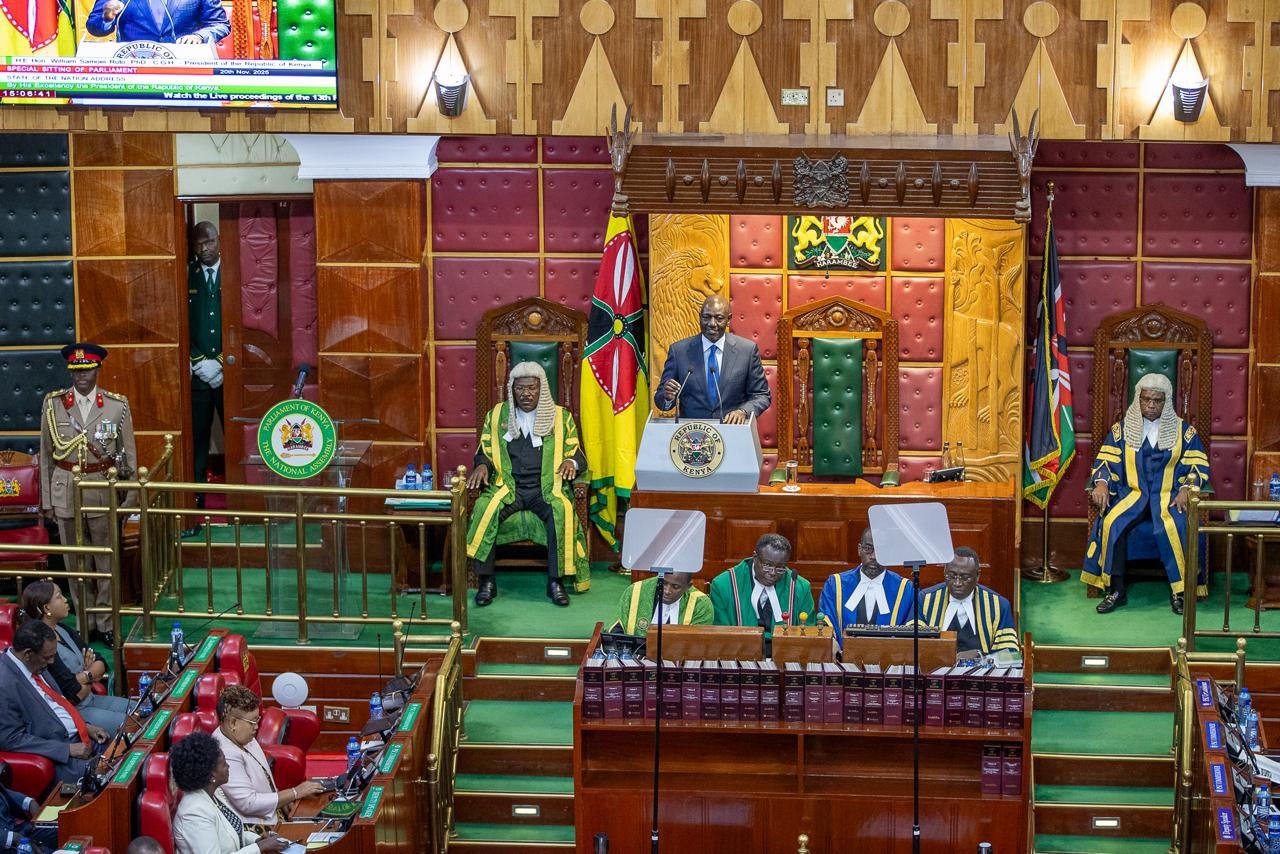The Kenya Tea Development Agency (KTDA) has denied reports that it is allegedly holding 200 million kilograms of unsold tea at its warehouses in Mombasa.
Responding to the claims by two tea firms as contained in their separate financial reports, the agency termed this as misleading.
“The said stocks cannot be destroyed since no such stocks exist as alleged,” a statement reads in part.
KTDA further rubbished as “untrue and unfounded” claims that the purported stocks are disrupting the market.
According to the agency, any tea in the warehouse represents farmers’ hard work and cannot be destroyed unless it is unfit for consumption.
“KTDA holds no expired teas and adheres to high standards in its entire value chain-from plucking, processing, transportation, and storage-to maintain the highest quality for consumers worldwide,” it adds.
In their reports, the two companies which are listed on the Nairobi stock exchange alleged that tea prices had fallen to unsustainable levels due to market saturation.
The Mombasa tea auction occurs twice weekly.
Secondary-grade tea is auctioned on Mondays, while premium-grade tea is auctioned on Tuesdays.
If tea remains unsold on its scheduled auction day, it undergoes a re-listing with a fresh catalogue and can be re-auctioned up to two times.
If it remains unsold after these attempts, it is transferred to the passive window where it is sold at a lower price due to its perceived lower quality.
This occurs because buyers typically avoid purchasing unsold teas, despite the minimum price system in place at the auction.














